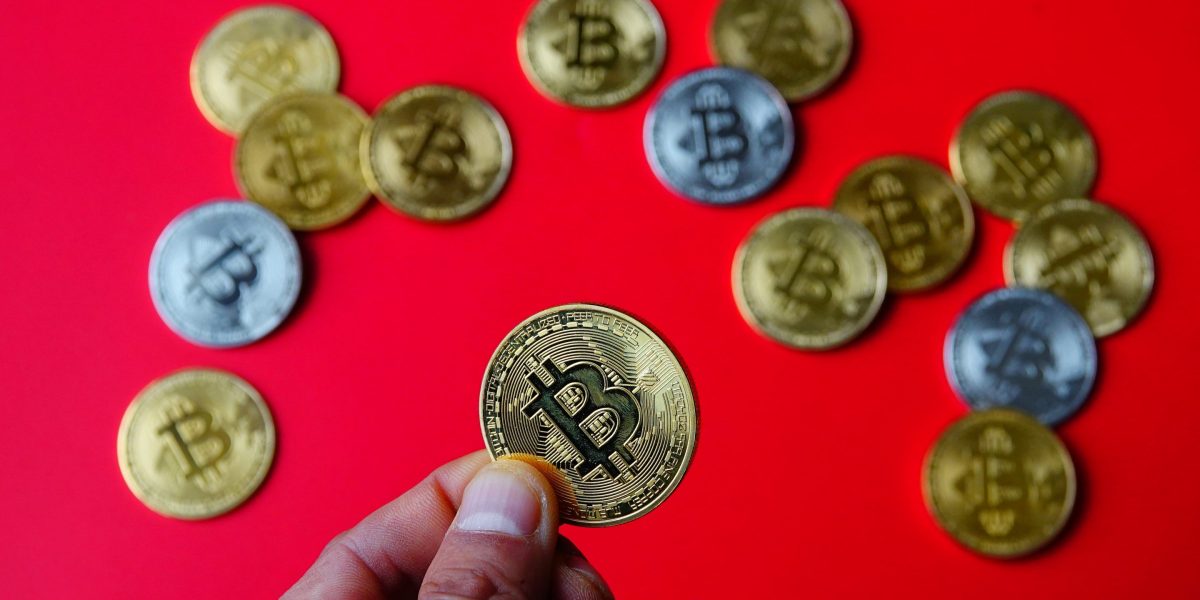“Bitwise President Teddy Fusaro mentioned that the market [hasn’t recovered yet] from the significant pullback,” as reported by Fortune.
Over the weekend, Bitcoin experienced a drop of over 10%, declining from approximately \(70,000 to \)62,000, where it has stabilized since. Concurrently, several altcoins plunged by more than 15%. This trend mirrored the broader U.S. equities market reaction. Following the initial reports of the attack, short-term traders, particularly those with high leverage exceeding 50x, found themselves unable to meet margin requirements, leading to forced liquidation of their positions. Although there was a slight recovery in the crypto markets after news surfaced of Israel and its allies intercepting numerous Iranian missiles and drones, the gains were short-lived.
Fusaro highlighted that Bitcoin’s unique strength lies in its tradability, especially during periods when other financial assets are not accessible. However, this characteristic also renders Bitcoin vulnerable to price fluctuations over weekends when it serves as the sole avenue for risk transfer.
In response to the market turbulence, Vetle Lunde, a senior analyst at K33 Research, noted that traders minimized their exposure, while market makers withdrew liquidity, exacerbating the volatility in the crypto space.
Chief Economist at Euro Pacific Asset Management, Peter Schiff, a well-known skeptic of cryptocurrencies, warned that a breach below the \(60,000 support level for Bitcoin could trigger a steep decline to \)20,000. He further cautioned in a post on X platform that Microstrategy, the leading corporate holder of Bitcoin, might face potential losses amounting to an estimated $2.7 billion under such circumstances.
Despite the anticipation surrounding the upcoming halving event, scheduled for Saturday, Fusaro pointed out that Bitcoin had already surged from approximately \(44,000 at the year’s end to a peak of nearly \)74,000 in March. Therefore, the recent market correction and reduction in leverage were deemed as a natural response, particularly with traders scaling back their positions over the weekend.
Senior Analyst Lunde expressed that due to the extensive coverage and expectations surrounding the impending halving, sudden price fluctuations are less probable.
He emphasized that the impact of reduced issuance resulting from the halving typically manifests over several months, indicating that an immediate significant price rally is unlikely either before or after the event.
Notably, historical data from the 2016 and 2020 halving events indicates that there were substantial price retracements just before and after the halving, with retracements reaching close to 40% in 2016 and around 20% in 2020.

